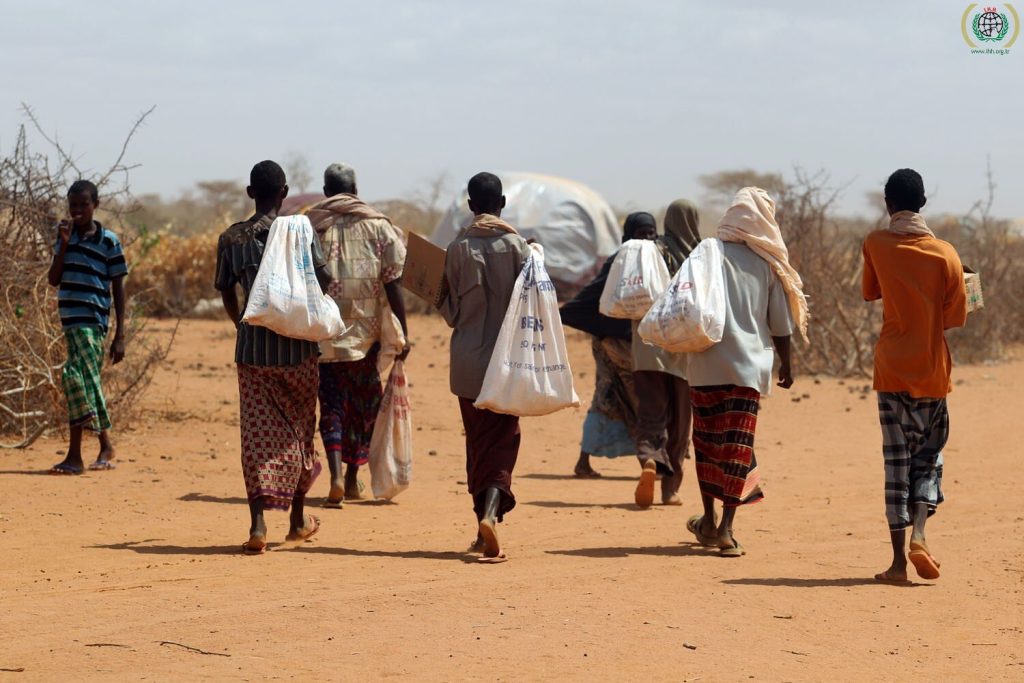The World Health Organisation (WHO) is urging the global community to increase funding for controlling communicable diseases, especially in Africa and other developing regions hosting migrants.
Dr. Santino Severoni, WHO’s Director of Health and Migration, called attention to the threat of new infectious diseases in financially struggling countries during a conference at Mount Kenya University (MKU).
He maintained that boosting funds and improving healthcare systems are essential to combat these threats.
Severoni noted the progress in fighting diseases like malaria but pointed out that chronic diseases, such as cardiovascular issues, diabetes, and hypertension, remain serious global challenges. He called for partnerships to address these problems.

“There is an ongoing discussion on health and immigration so as to come up with policies that can help address these health challenges. We have seen an emergence in new infective vectors and due to lack of essential protection this poses more threat to the people,’” he said.
MKU Pro Chancellor Dr. Vincent Gaitho mentioned that WHO’s discussions on migration health would help identify investment areas to tackle health challenges. He urged African governments to create policies that reduce migration.
Professor John Struthers, MKU’s Chancellor, spoke on the need for better articulation of migrants’ issues to effectively address their suffering.
Struthers’s sentiments were echoed by Vice Chancellor Professor Deogratius Jaganyi, who advocated for policies that support livelihoods and economic prosperity in sub-Saharan Africa.
The 8th annual international conference of the Centre for African Research on Enterprise and Economic Development (CAREED) is themed “Fostering Economic Transformation in African Ecosystems: The Impact of Trade, Infrastructure and Innovation.”
News Central reports that Africa hosts the fourth largest number of international migrants globally. In 2017, 25 million people migrated within and outside the continent. Over the past two decades, African migration has steadily increased due to climate shocks, conflicts, and other underlying causes.
According to a 2023 study by the Africa Center for Strategic Studies, there are now over 40 million African migrants, marking a 30-percent increase since 2010.


